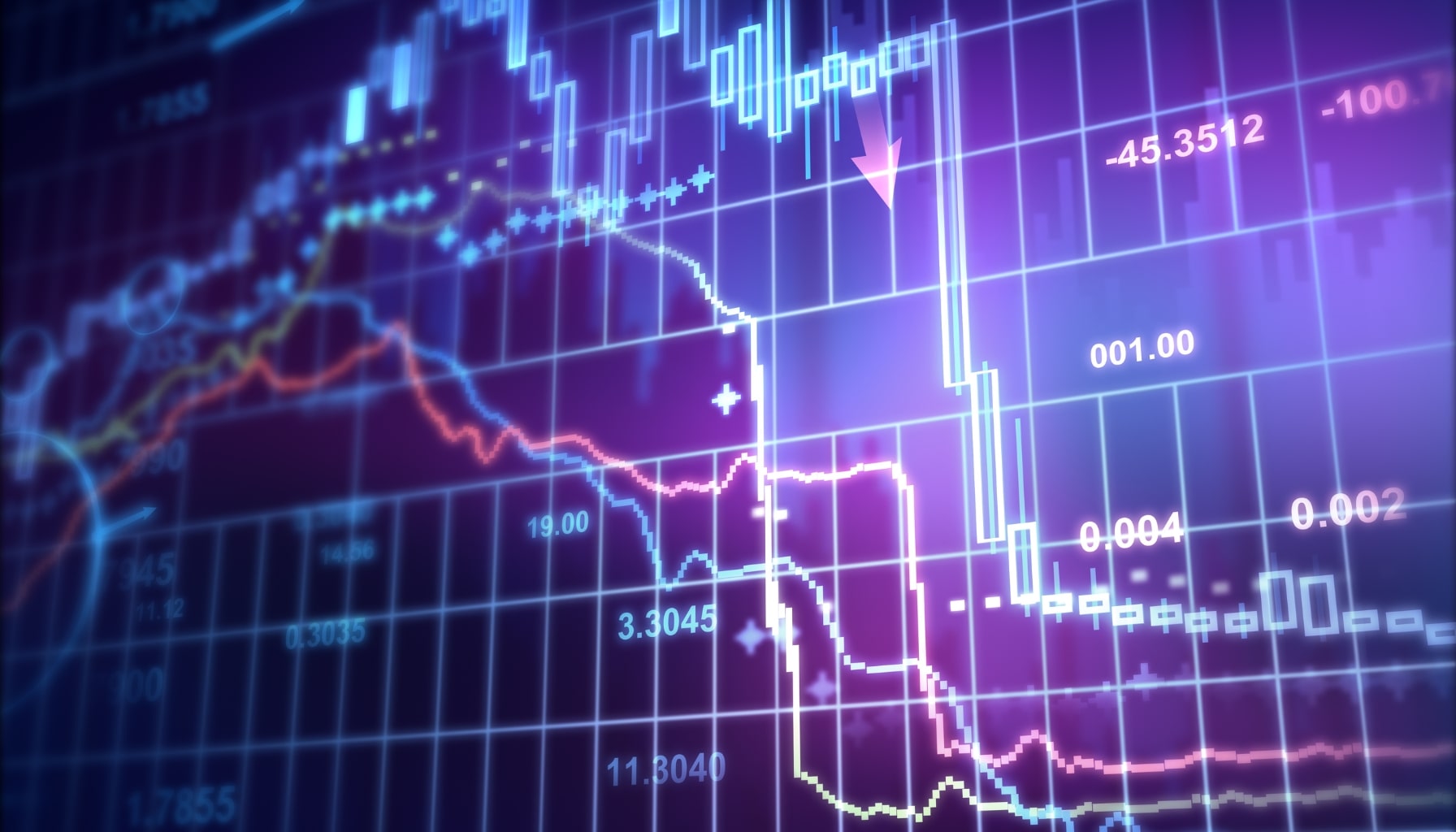
Many people interested in financial markets often hear terms like “trader” and “investor” and may wonder what the difference is between the two. While both traders and investors aim to make money, they use different strategies and have different timelines, risk tolerances, and goals. This guide explains the key differences in a clear and straightforward way to help you understand what sets them apart.
Table of Contents
What is a Trader?
A trader is someone who buys and sells financial assets like stocks, currencies, or commodities within short periods. Their main goal is to make quick profits based on short-term market movements.
Characteristics of Traders
- Short-Term Focus: Traders usually hold assets for a few seconds, minutes, days, or weeks.
- High Activity: Traders are very active, often making multiple trades within a day or week.
- Risk Tolerance: Since they’re aiming for short-term gains, they usually take on higher risks.
- Analytical Tools: Traders often rely on technical analysis, looking at price charts, volume, and trends to decide when to buy or sell.
Types of Traders
- Day Traders: Buy and sell assets within the same day.
- Swing Traders: Hold assets for a few days to weeks to profit from expected price swings.
- Scalpers: Make very quick trades lasting only seconds or minutes.
What is an Investor?
An investor is someone who buys financial assets with the goal of holding them for a longer period, often several years. Investors look for value and growth in companies over time, aiming for steady returns.
Characteristics of Investors
- Long-Term Focus: Investors hold assets for years, hoping they will increase in value over time.
- Lower Activity: Investors generally make fewer trades and are more patient.
- Risk Management: Investors take lower risks, relying on stable growth instead of quick profits.
- Analytical Tools: Investors use fundamental analysis, studying a company’s financial health, earnings, market position, and growth potential.
Types of Investors
- Value Investors: Look for undervalued stocks they believe will grow over time.
- Growth Investors: Invest in companies with high growth potential, even if they’re more expensive.
- Income Investors: Seek assets that provide regular income, like dividends or bonds.
Key Differences Between Traders and Investors
| Aspect | Trader | Investor |
| Investment Duration | Short-term (seconds to weeks) | Long-term (years) |
| Goal | Quick profits | Wealth building over time |
| Risk Level | Higher, due to market volatility | Lower, as they focus on stability |
| Analysis Type | Technical (charts, price patterns) | Fundamental (company earnings, growth) |
| Number of Transactions | High (frequent trades) | Low (buy-and-hold approach) |
Benefits of Trading and Investing
Benefits of Trading
- Potential for Quick Profits: Allows for rapid returns if done correctly.
- Flexibility: Traders can change their strategy based on the latest market trends.
Benefits of Investing
- Long-Term Wealth: Has the potential to generate substantial wealth over time.
- Compounding Gains: Earnings can grow as profits are reinvested, leading to greater returns.
Which Approach is Right for You?
Choosing between trading and investing depends on factors like your risk tolerance, time availability, and financial goals.
- If You Like Active Engagement: Trading might be better suited for you since it requires constant attention to market trends.
- If You Prefer Stability: Investing could be a better choice, as it doesn’t require as much daily attention and can yield steady growth over time.
Traders and investors both play important roles in the financial markets but approach it in distinctly different ways. Whether you choose to become a trader or an investor, understanding these differences can help you set realistic expectations and align your strategy with your financial goals.




